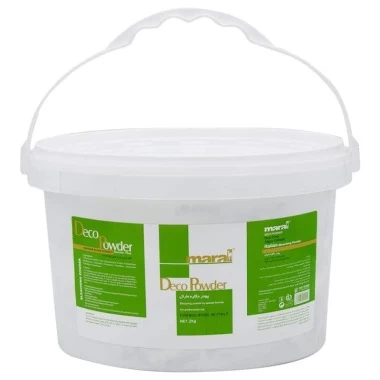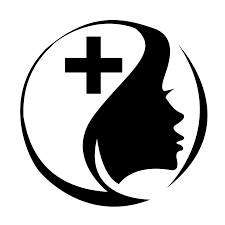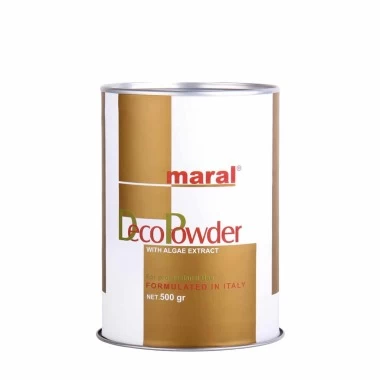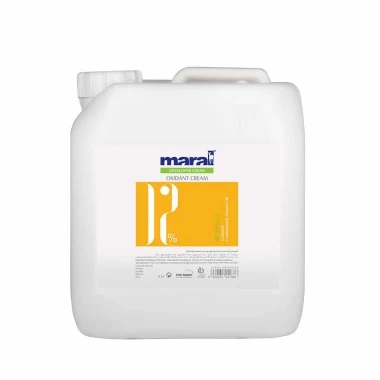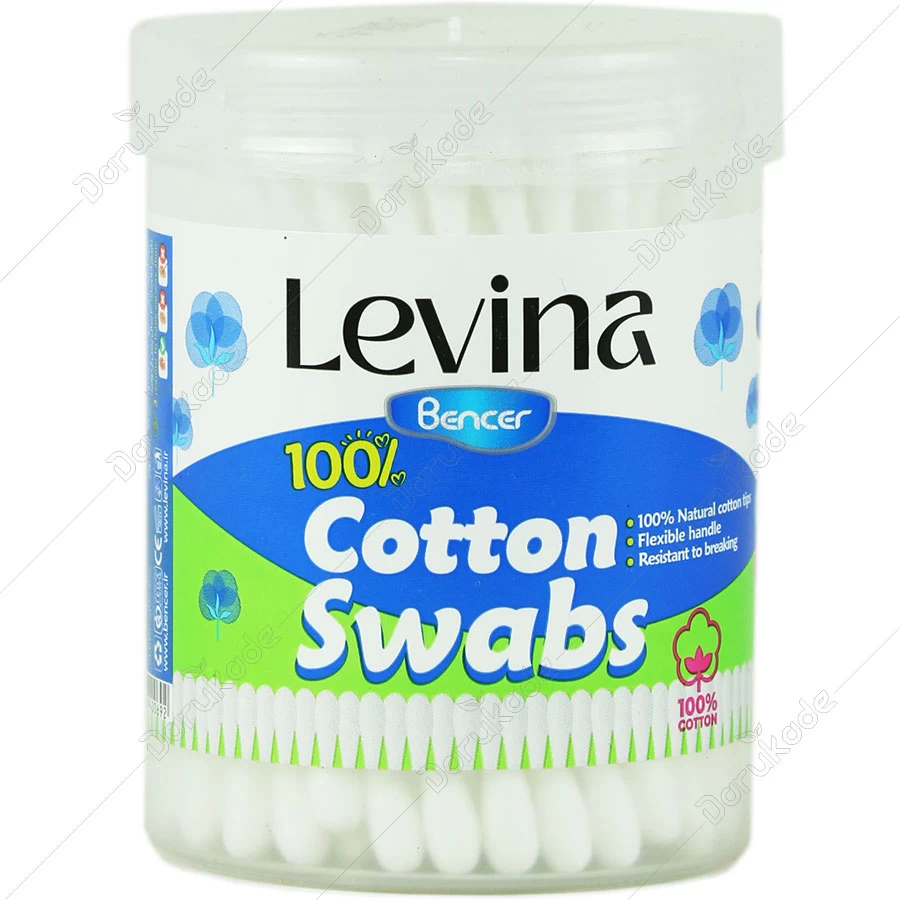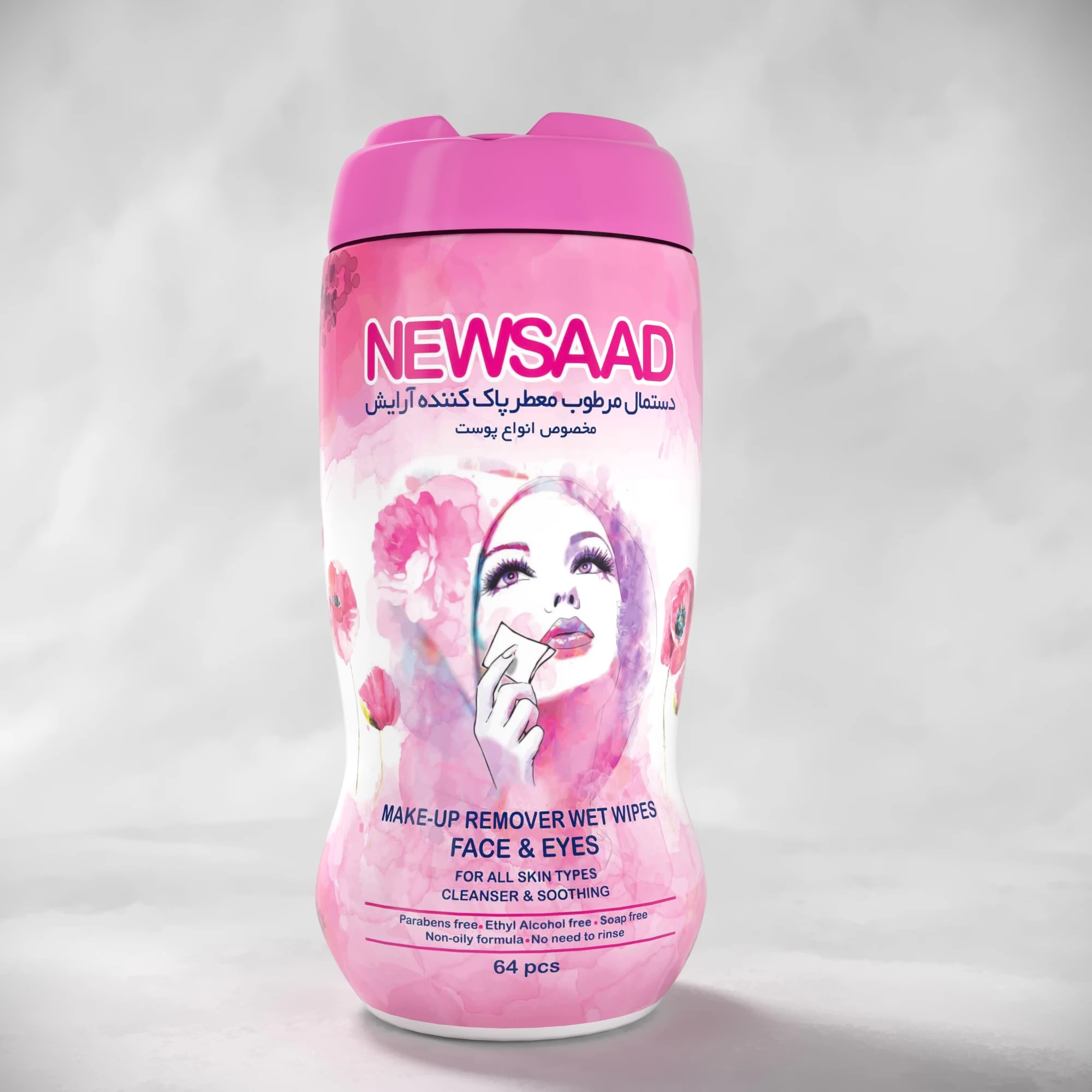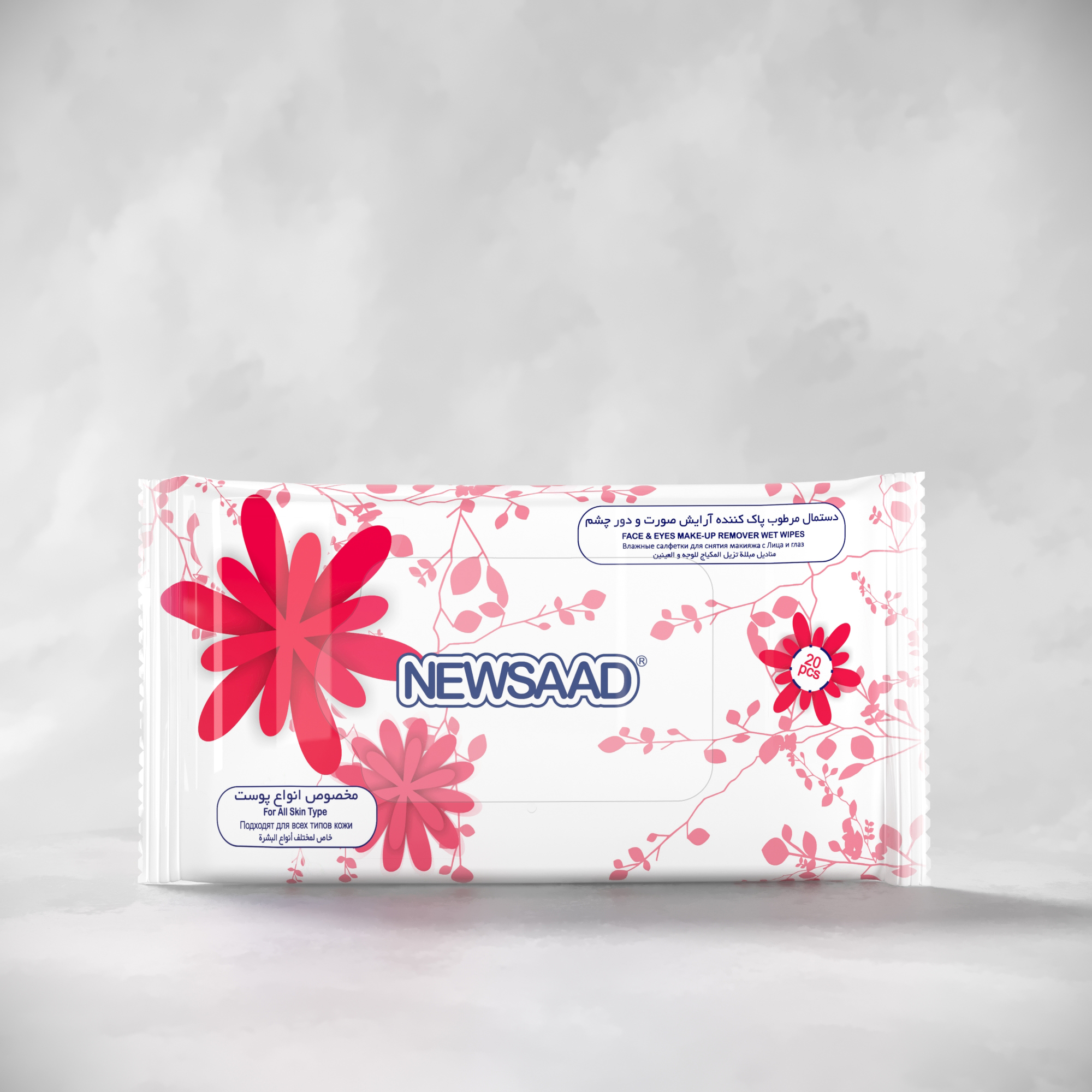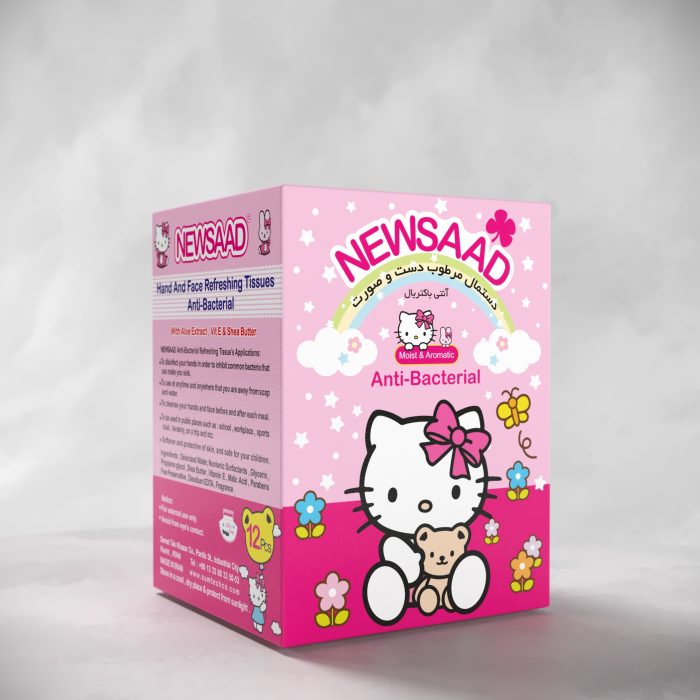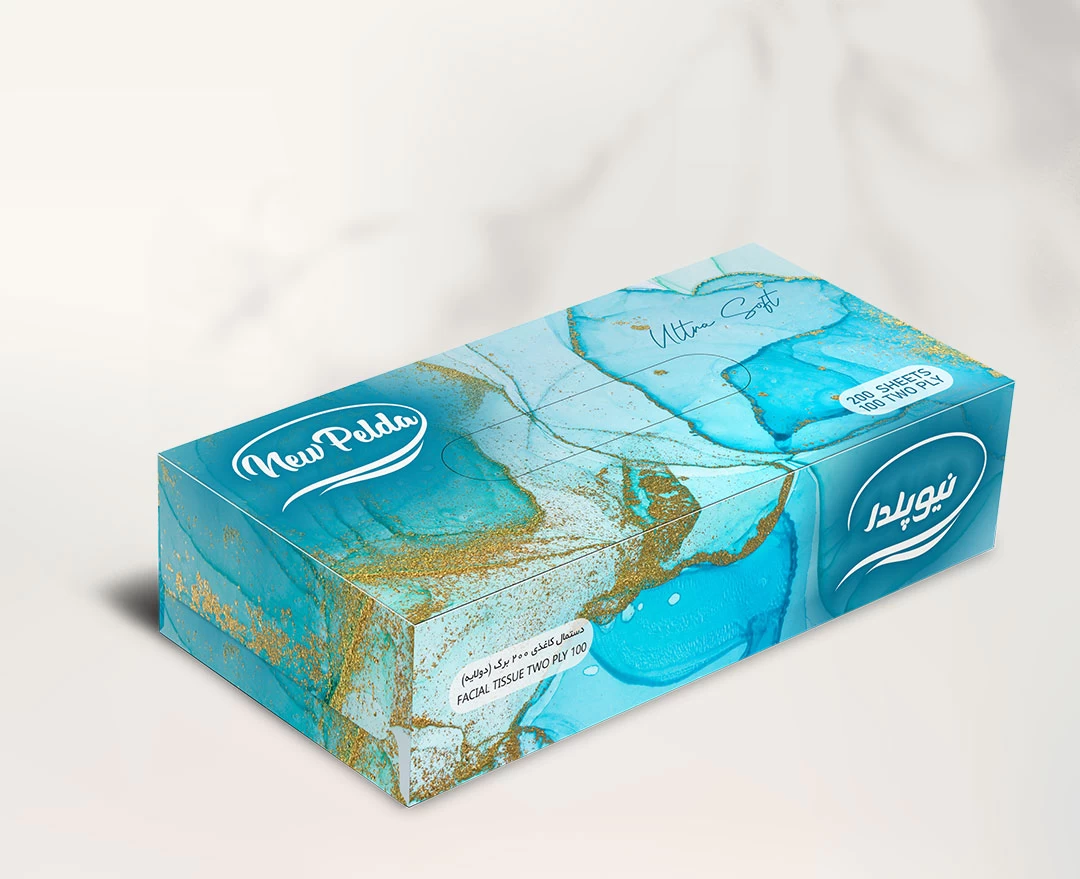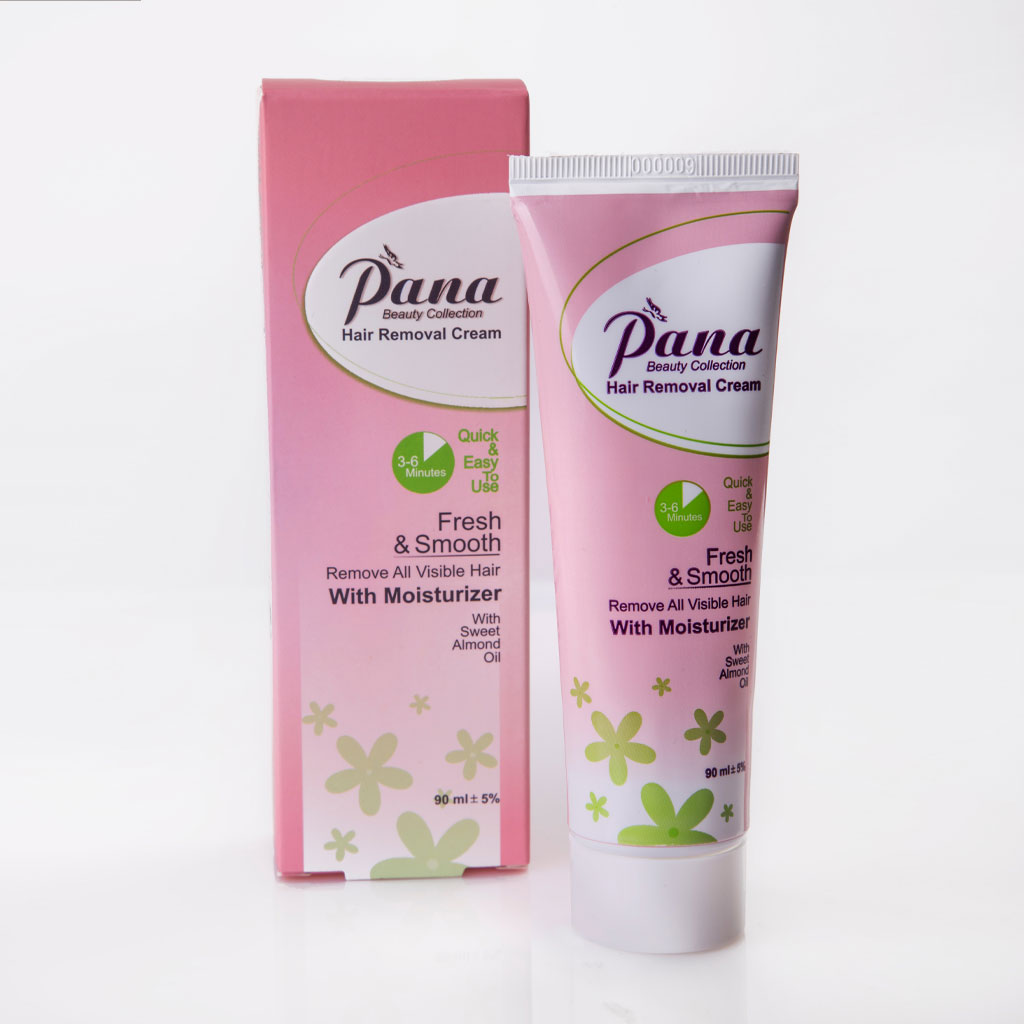Other Beauty & Personal Care Products
Here is a brief overview of beauty and personal care :
Skincare
Skincare remains a huge focus, with continued growth in the use of science-backed, high-quality ingredients like retinoids, vitamin C, and hyaluronic acid. Gentle, non-irritating cleansers, moisturizers, and serums tailored to individual skin types and concerns are popular. There is also rising interest in "clean" and sustainable skincare products.
Makeup
The makeup industry has seen a shift towards more natural, lightweight, and skin-improving formulas. Complexion products like tinted moisturizers, CC creams, and serum foundations are preferred over full-coverage foundations. Multifunctional makeup products that combine skincare benefits are in high demand. Bold, editorial eye looks and subtle, flattering lip colors are trending.
Hair Care
Hair care remains a sizeable market, with a focus on products that protect, nourish, and style hair without causing damage. Sulfate-free shampoos, bond-strengthening treatments, and styling products with nourishing oils or extracts are popular. There is also growing interest in scalp health and products that promote hair growth.
Body Care
Beyond just soap and lotion, the body care category has expanded to include specialized products like body serums, exfoliators, and high-performance moisturizers. Natural, plant-based ingredients and sustainable packaging are sought-after. Body care products that address specific concerns like dryness, cellulite, or body odor are increasingly common.
Nails
In nails, gel and dip powder manicures remain mainstream, along with a rise in at-home gel and shellac kits. Clean, neutral nail colors and minimalist designs are popular, in addition to bold, artistic nail art. There is also a focus on nail health with strengthening treatments and nourishing cuticle care.
Personal Grooming
The personal grooming category encompasses products for shaving, hair removal, dental care, deodorant, and fragrance. Innovation in areas like electric razors, at-home hair removal devices, and natural deodorants has driven growth. Personalized fragrance blends created by consumers are a new trend.
Overall, the beauty and personal care industry continues to evolve, with consumers seeking high-performance, skin-beneficial, and sustainable products that fit their individual needs and lifestyles.
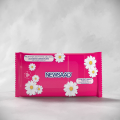
Here are some of the popular body care products as :
1. Body Serums - Lightweight, fast-absorbing serums infused with hydrating ingredients like glycerin, hyaluronic acid, and ceramides help deeply nourish and replenish very dry skin.
2. Ultra-Rich Body Creams - Thick, creamy body moisturizers containing nourishing butters like shea, cocoa, or mango help lock in moisture for long-lasting hydration.
3. Body Oils - Lightweight, non-greasy body oils made with plant-based oils like argan, marula, or jojoba provide intense hydration and help strengthen the skin's protective barrier.
4. Body Butters - Ultra-emollient, whipped body butters with ingredients like mango, cupuaçu, or murumuru butters offer rich, velvety moisture for dry, rough patches.
5. Exfoliating Body Scrubs - Gentle physical or chemical exfoliants containing ingredients like sugar, salt, AHAs, or enzymes help slough off dry, flaky skin for a smoother, more radiant complexion.
6. Hydrating Body Mists - Fine, mist-like body sprays with humectants like glycerin or allantoin provide an instant boost of hydration, especially for on-the-go use.
7. Overnight Body Masks - Thick, occlusive overnight body masks lock in moisture and allow active ingredients to deeply penetrate the skin while you sleep.
8. Fragrance-Free Options - For those with very sensitive, dry skin, fragrance-free formulas help avoid potential irritation.
Many of these products feature nourishing, skin-replenishing ingredients like ceramides, shea butter, vitamin E, and niacinamide to effectively treat dry, dehydrated skin.
There are a few key things that are important to consider when it comes to personal care and beauty products:
1. Safety and Efficacy:
- Consumers are increasingly conscious about the safety and efficacy of the ingredients in their personal care products. There is a growing demand for transparency around formulations and for products that are free of potentially harmful chemicals.
- It's important that personal care items are rigorously tested to ensure they are safe for use and actually deliver the claimed benefits.
2. Sustainability and Ethics:
- There is a rising focus on the environmental and social impact of personal care products. Consumers want brands that prioritize sustainability, ethical sourcing, and reduced waste.
- Recyclable or refillable packaging, plant-based and cruelty-free formulas, and fair labor practices are becoming more important purchase considerations.
3. Personalization and Customization:
- As beauty routines become more complex, there is a desire for products tailored to individual needs, skin types, and preferences.
- Customizable product formulations, shades, or scents allow consumers to create a personal care regimen that is uniquely suited to them.
4. Overall Wellbeing:
- Beyond just physical appearance, personal care products that support overall health and wellness are increasingly valued.
- This includes makeup, skincare, and haircare that provide skincare benefits, as well as products that promote relaxation, mental clarity, or energy.
5. Sensory Experience:
- The look, feel, and scent of personal care items play a big role in the consumer experience and brand loyalty.
- Thoughtful product textures, packaging design, and fragrance profiles can make routine self-care rituals more enjoyable.
Addressing these key priorities around safety, sustainability, personalization, wellbeing, and sensory experience is crucial for personal care brands to meet the evolving demands of today's consumers.
Here is an overview of the beauty and personal products export market:
The global beauty and personal care products export market has been growing steadily in recent years. In 2023, the total value of beauty and personal care product exports was estimated to be around $150 billion worldwide.
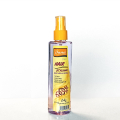
The largest exporting countries for beauty and personal care products include:
- United States - The US is a major exporter of cosmetics, skin care, hair care, and other beauty products, with exports valued at over $40 billion per year.
- France - As a hub for luxury cosmetics brands, France exported nearly $30 billion worth of beauty products in 2023. Key exports include perfumes, makeup, and skin care.
- Germany - German exports of personal care items like bath and shower products, deodorants, and hair care reached over $20 billion in 2023.
- China - China has rapidly grown its beauty product exports in recent years, now exporting around $15 billion annually, primarily mass-market skin care and hair care products.
- Italy - Italy is a major exporter of premium cosmetics, skin care, and hair care products, with exports valued at over $10 billion per year.
The fastest growing export markets for beauty products include emerging markets in Asia, Latin America, and the Middle East, as rising disposable incomes drive increased consumer demand for both mass-market and prestige beauty brands. Key factors driving growth in beauty exports include the popularity of natural/organic products, the expansion of e-commerce, and the globalization of beauty trends.
Overall, the beauty and personal care export market is highly competitive, with companies constantly innovating new products and marketing strategies to appeal to diverse global consumers.
Skincare remains a huge focus, with continued growth in the use of science-backed, high-quality ingredients like retinoids, vitamin C, and hyaluronic acid. Gentle, non-irritating cleansers, moisturizers, and serums tailored to individual skin types and concerns are popular. There is also rising interest in "clean" and sustainable skincare products.
The makeup industry has seen a shift towards more natural, lightweight, and skin-improving formulas. Complexion products like tinted moisturizers, CC creams, and serum foundations are preferred over full-coverage foundations. Multifunctional makeup products that combine skincare benefits are in high demand. Bold, editorial eye looks and subtle, flattering lip colors are trending.
Hair care remains a sizeable market, with a focus on products that protect, nourish, and style hair without causing damage. Sulfate-free shampoos, bond-strengthening treatments, and styling products with nourishing oils or extracts are popular. There is also growing interest in scalp health and products that promote hair growth.
Beyond just soap and lotion, the body care category has expanded to include specialized products like body serums, exfoliators, and high-performance moisturizers. Natural, plant-based ingredients and sustainable packaging are sought-after. Body care products that address specific concerns like dryness, cellulite, or body odor are increasingly common.
In nails, gel and dip powder manicures remain mainstream, along with a rise in at-home gel and shellac kits. Clean, neutral nail colors and minimalist designs are popular, in addition to bold, artistic nail art. There is also a focus on nail health with strengthening treatments and nourishing cuticle care.
The personal grooming category encompasses products for shaving, hair removal, dental care, deodorant, and fragrance. Innovation in areas like electric razors, at-home hair removal devices, and natural deodorants has driven growth. Personalized fragrance blends created by consumers are a new trend.

Here are some of the popular body care products as :
- Consumers are increasingly conscious about the safety and efficacy of the ingredients in their personal care products. There is a growing demand for transparency around formulations and for products that are free of potentially harmful chemicals.
- It's important that personal care items are rigorously tested to ensure they are safe for use and actually deliver the claimed benefits.
- There is a rising focus on the environmental and social impact of personal care products. Consumers want brands that prioritize sustainability, ethical sourcing, and reduced waste.
- Recyclable or refillable packaging, plant-based and cruelty-free formulas, and fair labor practices are becoming more important purchase considerations.
- As beauty routines become more complex, there is a desire for products tailored to individual needs, skin types, and preferences.
- Customizable product formulations, shades, or scents allow consumers to create a personal care regimen that is uniquely suited to them.
- Beyond just physical appearance, personal care products that support overall health and wellness are increasingly valued.
- This includes makeup, skincare, and haircare that provide skincare benefits, as well as products that promote relaxation, mental clarity, or energy.
- The look, feel, and scent of personal care items play a big role in the consumer experience and brand loyalty.
- Thoughtful product textures, packaging design, and fragrance profiles can make routine self-care rituals more enjoyable.

FAQs
What are the top exporting countries for beauty and personal care products?
The top beauty and personal care product exporting countries include the US, France, Germany, China, and Italy.
How large is the global beauty and personal care products export market?
The global beauty and personal care products export market was estimated to be around $150 billion in 2023.
What factors are driving growth in beauty product exports?
Key growth drivers include rising disposable incomes in emerging markets, the popularity of natural/organic products, expansion of e-commerce, and globalization of beauty trends.
Which product categories dominate beauty and personal care exports?
Major export categories include cosmetics, skin care, hair care, perfumes, and premium/luxury beauty products.
 +7929688-88-14
+7929688-88-14

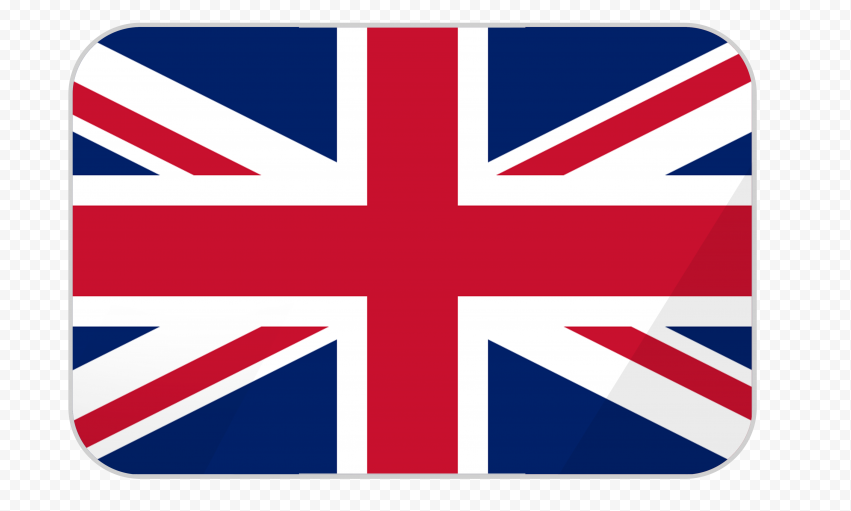 English
English
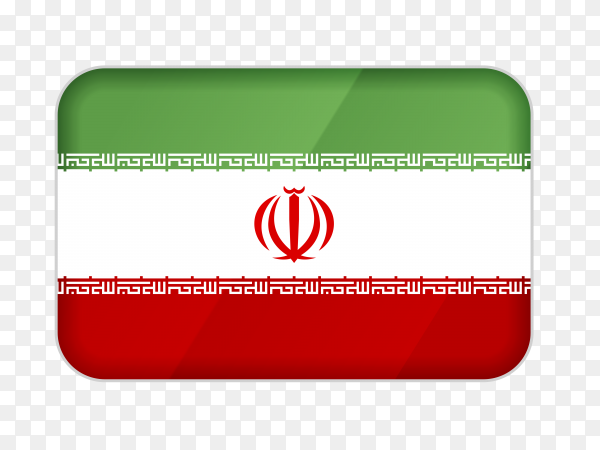 Persian
Persian
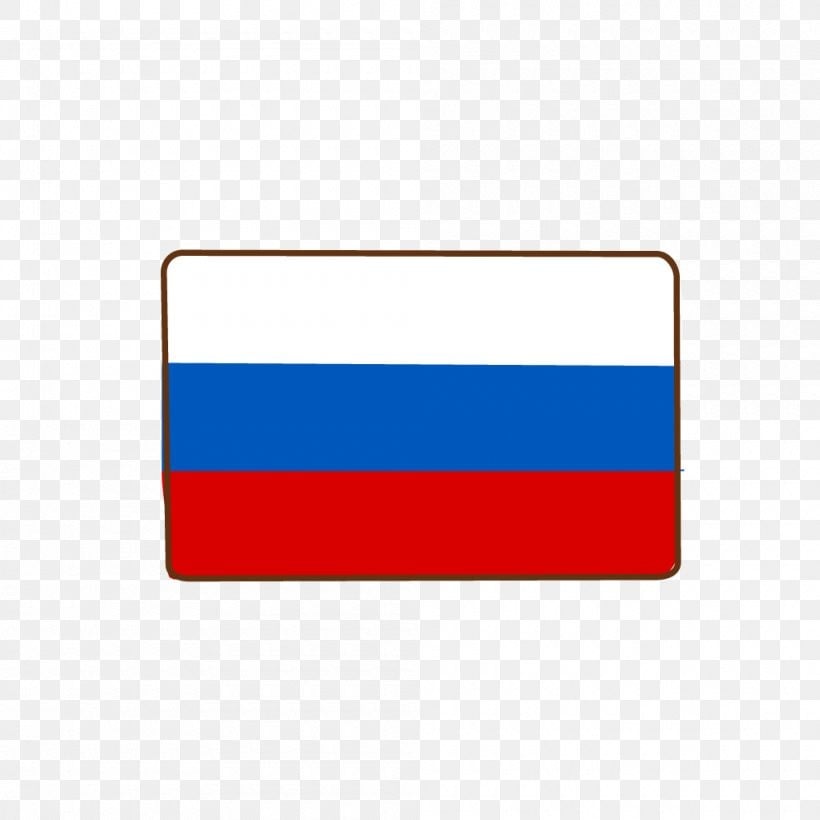 Russian
Russian
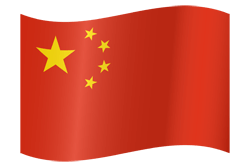 Chinese
Chinese


 +7929688-88-14
+7929688-88-14

